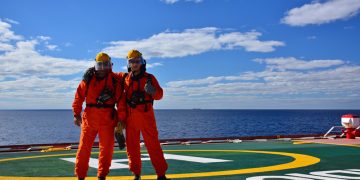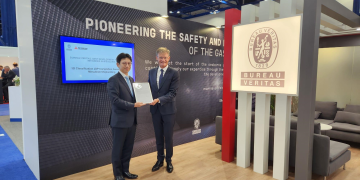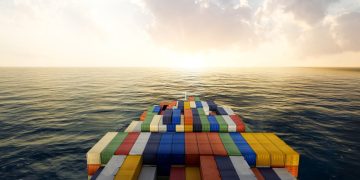The previous article in our “Bridge Procedures” series focused on the necessary steps required to achieve the effective handover of navigational watch. At this point, it is of essence, to clarify the situations in which the Ship’s Master would take the control of the ship.
The main responsible for all decisions on board is the Ship’s Master. He has the overall authority to take actions with respect to the safe conduct of navigation and protection of the environment. The officer in charge should always call the Ship’s Captain in case of an emergency, as we will see below. Companies or charterers must understand that the Ship’s Master should not be limited. He should be permitted to take the necessary decisions when safety navigation is at risk.
The Bridge Team should recognize and understand
- The information that should be routinely reported to the Ship’s Captain
- The need to keep the Ship’s Captain fully informed
- The circumstances under which the Ship’s Captain should be called
Therefore, if the OOW has any doubt regarding the safety of the ship or how to deal with an unknown or risky situation, should immediately call the Ship’s Captain. However, the presence of the Ship’s Master on the bridge does not relieve the OOW of responsibility for the watch. He should remain and continue to manage the Bridge Team supporting Ship’s Master actions, unless instructed otherwise.
Calling the Ship’s Captain
Chapter VIII – Part 3 of The International Convention on Standards of Training, Certification and Watchkeeping for Seafarers (STCW) provides instruction and guidance for watchkeeping at sea, enumerating the circumstances when an OOW must call the Ship’s Master. Below is the list of situations, where in the Ship’s Master should be called:
- In circumstances of restricted visibility
- In traffic conditions that cause concerns
- In case that a distress alert has been received or a distress signal has been sighted
- When appear difficulties in maintaining course
- When there has been observed significant difference between the latest and the expected position of the ship
- On failure to sight land, a navigation mark or obtain soundings by the expected time or in case of unexpectedly land or a navigation mark is sighted and an unexpected change in soundings occurs
- In case of amendments to the passage plan that require immediate approval by the Ship’s Master
- In case of breakdowns of engine, propulsion machinery remote control, steering gear or problems related to essential navigational equipment, alarm or indicator
- In case of any malfunctions of communications equipment or GMDSS radio
- In heavy weather conditions
- In case of ice or a derelict that pose navigation hazards
- If security concerns arise or during emergency situations
- In any cases when the situation is beyond the experience of the OOW
- If there is any doubt regarding the safety of the ship, or ability to comply with regulatory requirements
If the situation demands to call the Ship’s Master, then this must be done early enough in order to allow the Master sufficient time to understand and respond effectively to the situation. Any delay or fail can lead to an increased level of risk, such as collision incidents, groundings, damage to the environment, vessel delays, leaks or spills, property damage or commercial and reputation losses.
SQE Marine provides a checklist containing the standard situations where the Ship’s Master should be called and informed, as a guide to be followed by the Bridge Team.




















































































“When to call the Master” should be enumerated in the Bridge and Master’s Standing Orders, not in a check list. If the OOW requires a check list to tell them when to call the Master, they are not competent to be standing a watch as OOW.
Fully agree Chris
In my experience there are three sorts of officers.
Competent ones who know when to call the master,
incompetent ones to be sacked at the first opportunity and
inexperienced ones who will need encouragement and monitoring.
Check lists, who reads them twice?
I suspect that if an OOW is reluctant to call the master for any reason whatsoever,
it’s because the master’s attitude towards his officers may need adjusting!
How many Masters have a meaningful discussion with existing and newly reporting officers and crew regarding their understanding of their responsibilities and the Master’s expectations? Clarity. Assuming the officers and crew know what YOU do is the curse of knowledge. And by discussion I mean a dialogue. Listen to be best prepared.